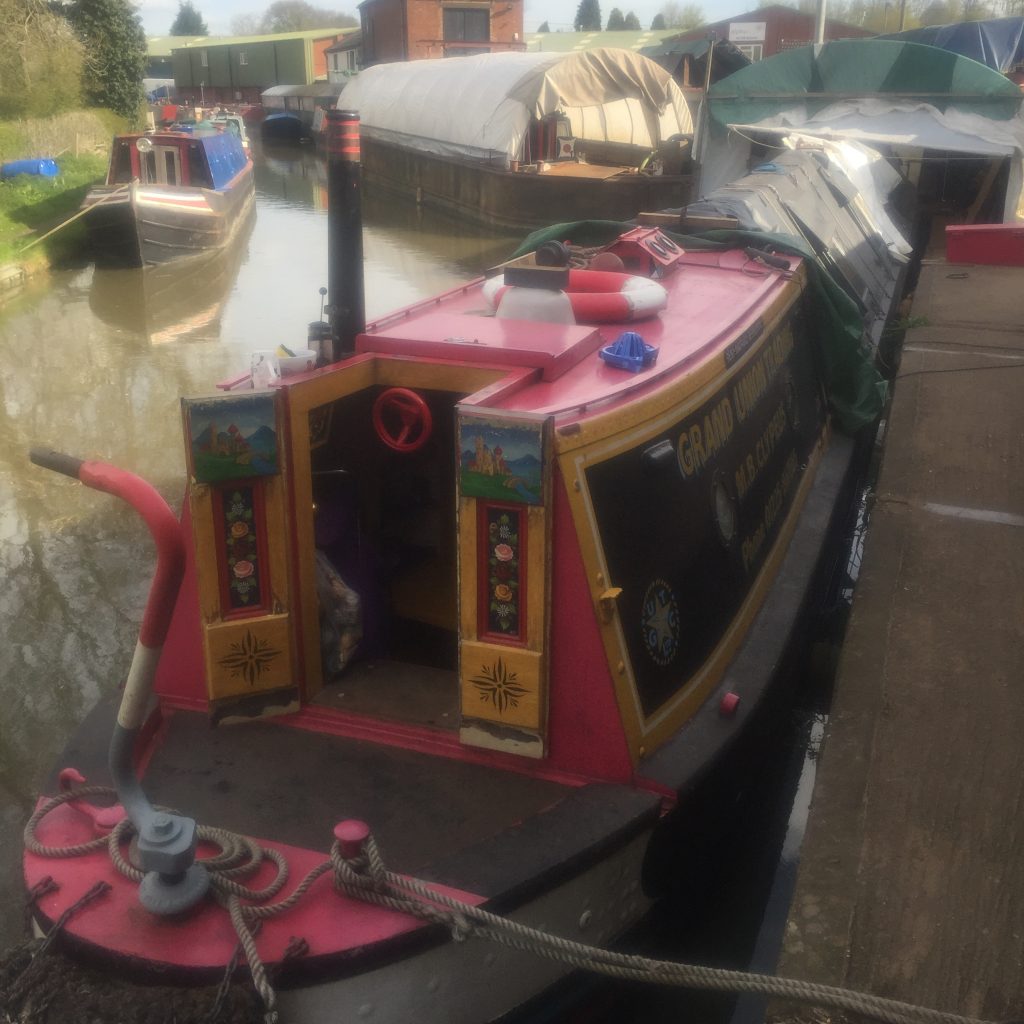
I keep seeing people saying right now how they can’t wait for the world to get back to normal, for our lives to stop being on hold. The newspapers are full of headlines about how the current circumstances are “destroying” our mental health, how teenagers and students are missing out on the “key” experiences of youth, how people are struggling to cope with the idea that they might not getting a summer holiday abroad. Right-wing politicians are clamouring for things to get back to normal. One article described 2020 as “one of the worst years in global history”. I think 1348 (when plague swept Europe) or 1492 (when Europeans began to colonise the Americas) or 1503 (when the enslavement of Africans by Europeans began in earnest) or any year between 1939-1945 would have serious things to say about that.
What even is “normal” anyway? I live in the UK and I have relative financial security and privilege. For many people in my circles, “normal” looks like eating out, going to the pub several times a week, shopping on demand, taking holidays a couple of times a year, traveling or commuting for work. I also live on a boat on the canal, so for other people in my circles, “normal” looks like composting their own poo, working hours that change with the seasons or moving their home to a new location every couple of weeks. I’m somewhere in between those two extremes. For some of my disabled friends, “normal” has meant being housebound for years. Many people I know think that owning a car is normal and expected. But cars are a recent invention. When my parents were children, in the 1950s, most people didn’t own cars. Most of the time all cars are doing is sitting around depreciating in value. You can look at owning a car as a necessity or you can look at it as an absolutely terrible investment – it’s all a question of perspective.
What is happening now is that for many of us, reality is different to our desires and expectations. And human brains don’t like that. We thought the world was going to be one way and instead it is another. It doesn’t matter that nobody is entitled to pleasures like meals out or trips to the pub and that for most of human history absolutely nobody was able to go on holidays abroad, let alone multiple times a year. It doesn’t matter that most of us are the descendants of peasants, rather than royalty, and our ancestors would be awestruck by the level of luxury we live in today. Those things are factually true, but we don’t see it that way. Most of the time we don’t pause to marvel at how lucky we are to have been born in a wealthy country during this fleeting moment in human history when many of us could afford catch planes and fly all over the world (if that’s not your situation, I’m not talking to you here).
I think this is a problem of privilege. We get so used to things going our way, to things being convenient and pleasure happening on demand that we start to call that normal. But normal is utterly subjective. Normal is just the way our brains expect the world to work. When we get stuck on expecting things to stay the same and we mistake material security and success symbols defined by external systems for being well-resourced emotionally our relationship with change becomes fragile. We cling to the systems that we think are supporting our success, even when they are killing us. Our brains conflate our wants with our needs and this is both entirely understandable as a default thought pattern and the source of so much pain.
When we talk about getting back to normal or about our lives being “on hold”, we forget that this present moment is our life. We set up camp in the past or in the future and see only the ways in which the present is worse. But every moment that we are alive is part of our life. Whether or not you can go to the pub. Whether or not things are going the way you wanted or expected. It all counts. I’m not talking about this from the perspective of being more productive. You can do whatever you want with these years of your life. I’m talking about it from the point of view that rooting into the entirety of our experiences, even –or maybe especially– when they are wildly different to what we wanted or expected can be a source of sustenance in and of itself.
By all means grieve the hell out of the things you currently cannot do. Hold as much space in your heart as you need to for the things that didn’t happen and the people you haven’t seen or touched in over a year. Allow for the enormity of those feelings if that is your experience – grief is part of your life too, so is loneliness, so is feeling entitled. These emotional experiences aren’t good or bad, they just are. Human brains typically find grappling with change and uncertainty difficult (and yet people have lived through and are living through multiple collapses, over and over throughout the history of our species; to not experience collapse is arguably the most extreme form of privilege imaginable). This is the time to extend care to yourself and your communities in whatever way you need, to ground in your relationships in the here and now, rather than fighting with reality.
But it is also clear that right now that much of what many of us regard as “normal” in Western countries is killing our planet and making “normal” for people living in the areas already affected by climate change much more unpleasant. Millions of people have lost or are losing their jobs and even their lives as the result of “normal” in this system. As someone whose work has involved tracing outbreaks of bacterial disease, care homes and cruise ships as hubs of transmission and pathogens spreading via international travel are all part of “normal.” Now these aspects of normal are making themselves known and we are calling them crises. The word apocalypse is commonly used to mean a disaster, but its root meaning is to reveal or unveil. The current crises come directly from the systems we live within, now they are laid bare.
Is normal what we want to return to if returning to normal means ignoring the consequences of business as usual? I can see the appeal of retreating to normal, of retreating to a state of ignorance rather than staying with the discomfort of what has been revealed. Staying with the discomfort, giving up the privilege afforded by our ignorance isn’t easy, but it is a choice we can make. Returning to normal might seem easier, at least at first glance, but is it really?

Recent Comments